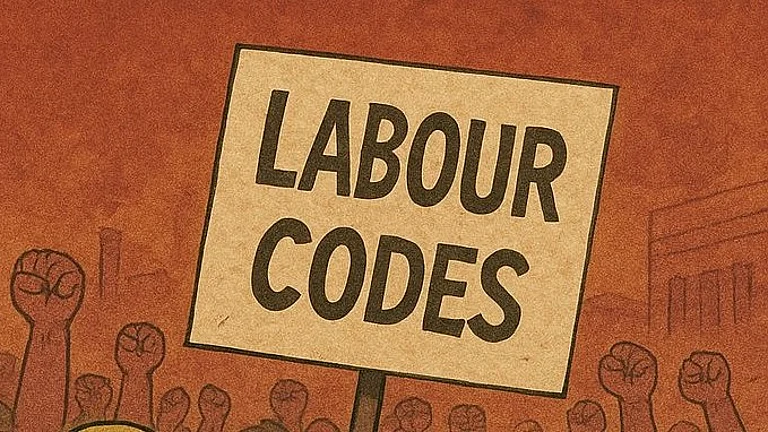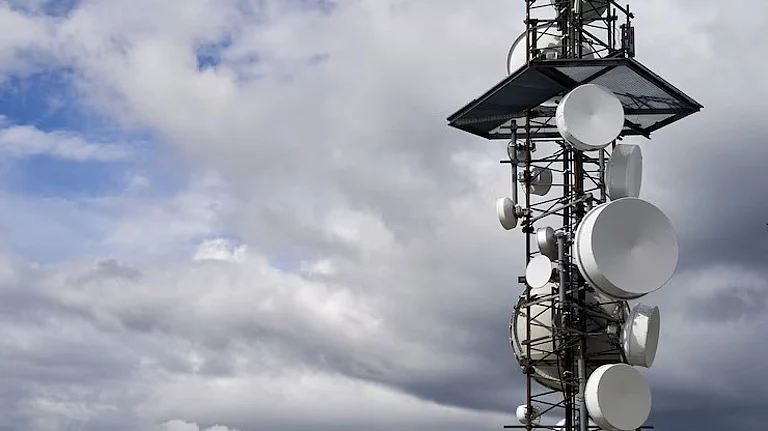
US judge allows Valeo’s trade-secret case against Nvidia to proceed to jury trial in November
Valeo alleges ex-employee stole tens of thousands of files; Nvidia denies misuse, cites engineer’s firing
Court cites “circumstantial” evidence of Nvidia’s reliance on tainted code despite dismissal of some claims
Outcome could set precedent on liability for engineers’ prior misconduct in AI and auto-tech industries
A US federal judge has refused to toss a lawsuit by automotive supplier Valeo alleging that Nvidia benefited from trade secrets an engineer stole from the company, sending the dispute to a jury in a trial scheduled for November, Bloomberg reported.
The decision marks a major legal test over how far manufacturers and AI suppliers may be held liable when hired engineers bring proprietary material from prior employers.
Judge Cites “Circumstantial” Evidence
In a written ruling the court said Valeo had presented enough circumstantial facts to permit a jury to infer Nvidia relied on the engineer’s “tainted work,” noting rapid progress on parking-assistance code at Nvidia after the alleged disclosure and multiple code similarities that Valeo says mirror its files.
The judge dismissed some claims but let the central allegations proceed.
Valeo’s complaint recounts that in 2022 a former Valeo engineer who had moved to Nvidia inadvertently shared his entire screen during a joint video meeting, exposing source-code files labeled “ValeoDocs.”
Valeo says the engineer had copied tens of thousands of files and gigabytes of source code before leaving the company and that some of those materials were later found on his Nvidia-issued computer. The engineer was later convicted in Germany in a criminal proceeding for unlawful acquisition and disclosure of Valeo’s trade secrets, Valeo’s filings say.
Nvidia Denies Misuse
Nvidia has denied using Valeo’s code to build its own parking-assistance technology and says it fired the engineer and “rolled back” his contributions; in public comments the company noted Valeo lost a related case in Germany and said it expects a similar outcome in the US suit. Despite that position, the judge concluded there is enough evidence to send key issues to the jury.
Legal experts say the trial could set an important precedent for how courts treat cross-border investigations of stolen code, the responsibility of large tech employers for employees’ prior conduct, and the potential costs of integrating third-party talent into safety-critical systems like advanced driver assistance. Valeo is seeking damages and injunctive relief that could include restrictions on how Nvidia uses certain software.
What to Watch Next?
The case is scheduled for a November trial in federal court in California. Observers will monitor pretrial discovery battles (the court has already ordered production of some internal materials in prior rulings), any additional dispositive motions, and technical expert testimony comparing the contested codebases, all of which will shape what may become a bellwether dispute at the intersection of AI, automotive engineering and trade-secret law.
The lawsuit puts a spotlight on intellectual-property risk as chipmakers and software firms increasingly enter the auto-tech arena; a jury verdict could carry financial and operational consequences for Nvidia and influence how the industry handles hiring, code provenance and cross-company collaboration.

































